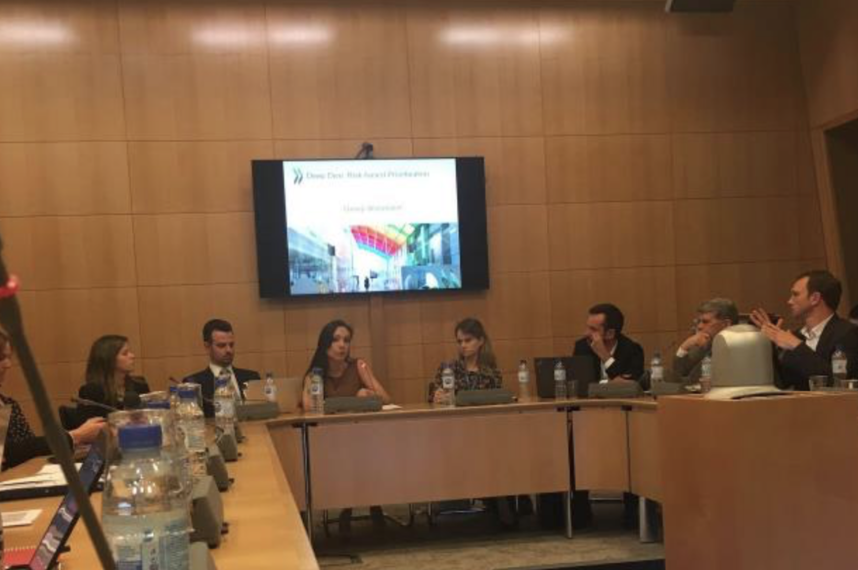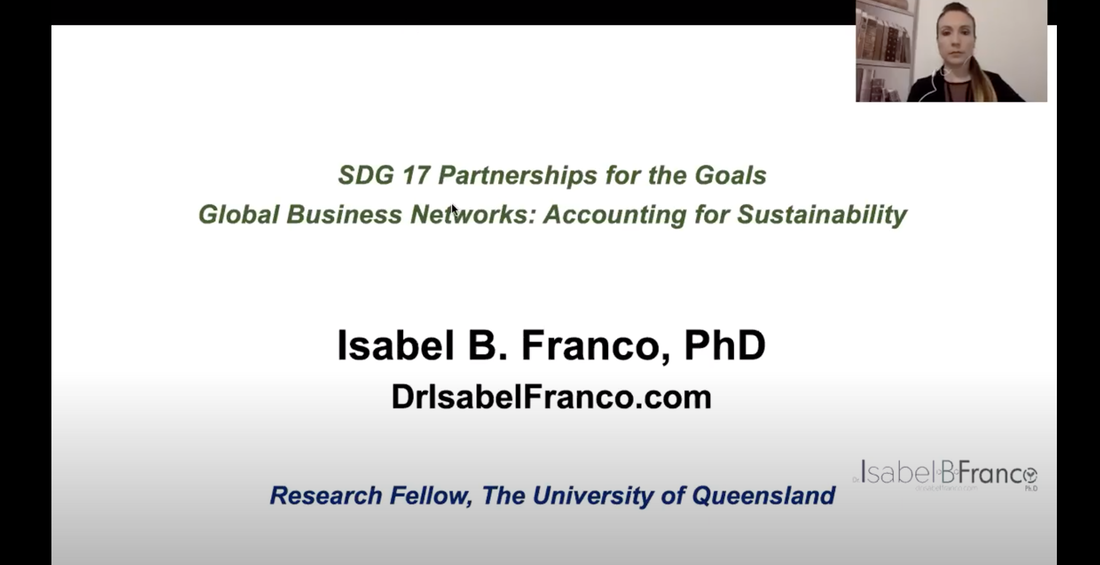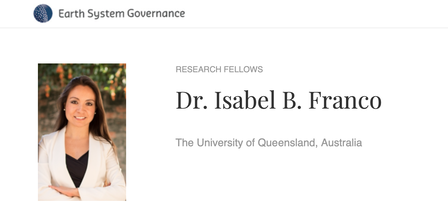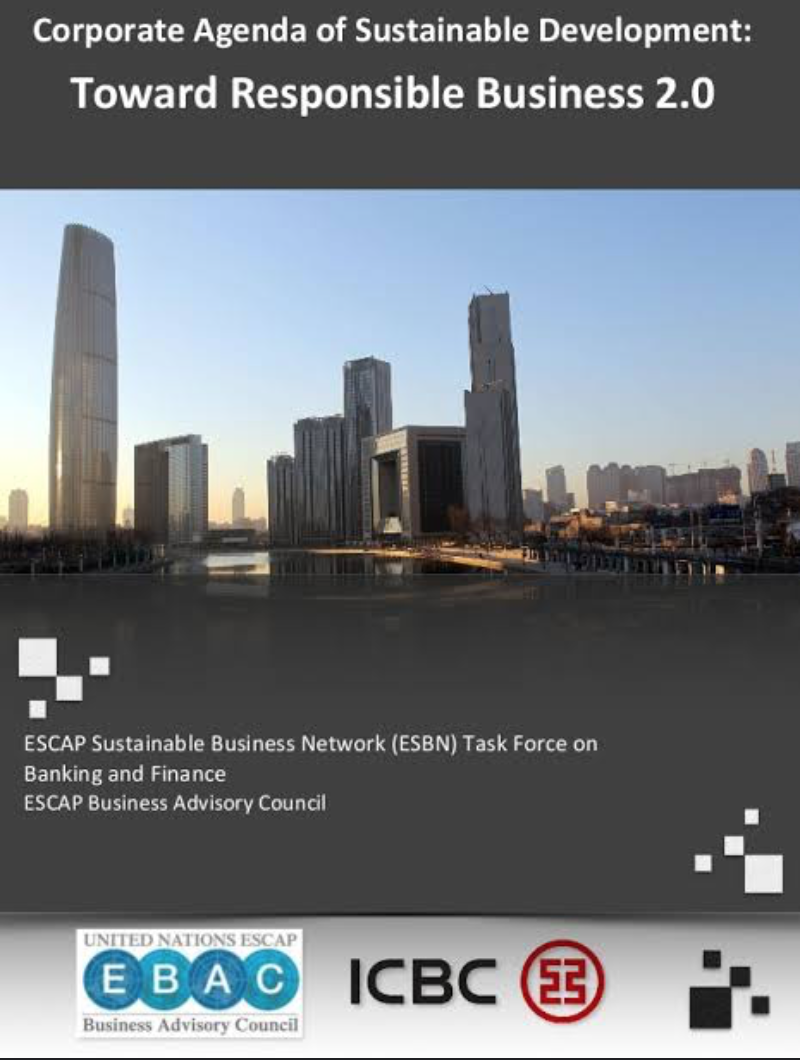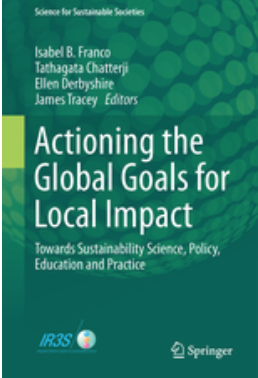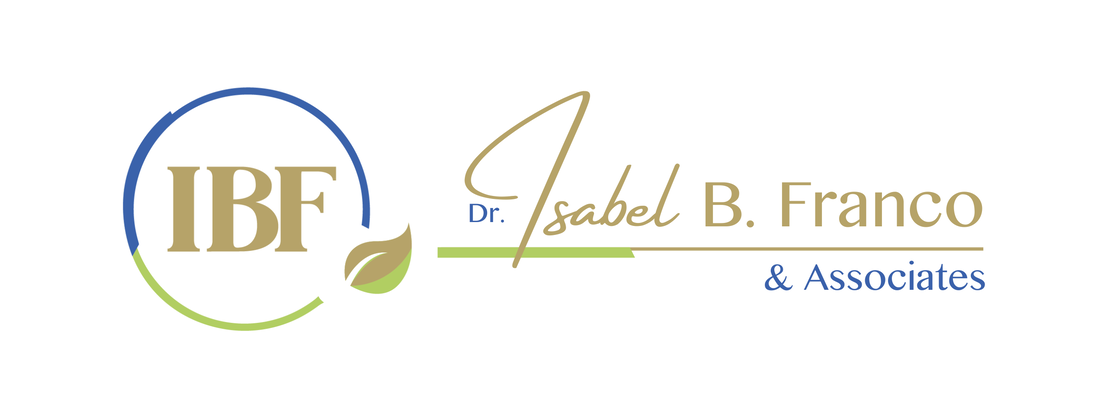In collaboration with partners I deliver capacity-building and training (in-situ and online) aimed to build capacity across various areas of sustainability science, policy and practice and the Sustainable Development Goals (SDGs). Find some of my past and current engagements on the map and news reports below .Interested in partnering with me? email me at [email protected]
Dublin City University
|
Impact: I was speaking at the 'Business 4SDGs' Webinar Series at Dublin City University. I discussed the role of business networks, such as the UN Global Compact in supporting the private sector towards the fostering of overall sustainability.
Stakeholders and Collaborators - Dublin City University - Irish Institute of Digital Business - Australian Institute for Business and Economics (AIBE) |
Research Fellow Appointment
|
Impact: I have been appointed Research Fellow at the Earth System Governance at the University of Utrecht, The Netherlands. My appointment seeks to link my research on governance for sustainable development with the broader themes of earth system governance. Through a bottom-up, dynamic, and active network, we researchers collaborate on research, debate ideas and disseminate information on relevant events and opportunities in the field. More information about my appointment can be consulted here.
Stakeholders and Collaborators - University of Utrecht, The Netherlands - Earth System Governance Project - The University of Queensland, Australia |
OECD Global Forum on Socially Responsible Business
|
Impact: Beyond business as usual! This is the main lesson I learned at the Global Forum on Socially Responsible Business (SRB) 2018 organised by the OECD in Paris, France.Delegates coming from diverse locations worldwide, representing the private sector, governments, academia and civil society engaged in a vibrant discussion over the launch of the OECD Due Diligence Guidance for Responsible Conduct. I actively participated in a deep dive session on risk prioritisation. We concluded that business can go beyond business as usual if:
SRB is about continuous improvement and there are many lessons to be learned. I encourage key stakeholders in my network to go beyond business as usual and read our latest book on SRB, in collaboration with UN colleagues. The manuscript titles ‘Socially Responsible Business: A Model for a Sustainable Future” and aims to provide practical recommendations on how to integrate SRB into the core business strategy. The manuscript can be found here. Stakeholders and Collaborators - OECD - United Nations University - Institute for the Advanced Study of Sustainability |
Corporate Agenda of Sustainable Development
|
Impact: The recent financial crisis and resulting economic downturn showed the important role of the financial sector in the world economy. The banking sector does not just affect stakeholders; it affects society as a whole. Dr. Isabel Franco and colleagues collaborated towards a handbook aimed to identify best practices in responsible and sustainable banking and finance, to raise awareness and undertake policy advocacy in the area of responsible banking and finance and to serve as a too for undertaking capacity development through training and other pertinent programmes. The project was managed and delivered by Dr. Isabel B. Franco. This handbook was published by the United Nations Economic and Social Commission for Asia and the Pacific (ESCAP)
Stakeholders and Collaborators
|
Research Collaboration on Sustainable Fashion:
|
Impact: I recently engaged in research collaboration on sustainable fashion and SDG 14 Life Below Water. The collaboration with Central Saint Martins, University of the Arts, London was documented in the book 'Actioning the Global Goals for Local Impact'. A publication I recently edited.
This investigation argues that 'in recent years there has been a growing interest in fish skin – a by-product of the food industry – as an alternative sustainable raw material for fashion. Global production of fish has steadily increased over the last decade and more than 50% of the total remaining material from fish capture results in 32 million tonnes of waste. A substantial amount of this waste is the skin of the fish; only a small percentage of this skin is processed into leather. While, to date, the European Environment Agency allows seafood processors to dispose of fish skins in marine waters, this is expected to change as the decomposing organic waste can suck up available oxygen from marine species and introduce disease into the local ecosystem. Fish skin leather processing could prevent and significantly reduce marine pollution and sustainably protect marine ecosystems in order to achieve healthy and productive oceans. This investigation describes the conditions necessary for the development of fish skin craftsmanship within a Fashion Higher Education sustainable curriculum. In order to enhance the innovation and sustainable design of fish leather products, the author has developed an impactful capacity-building approach connecting fashion students with the Icelandic fish leather industry, which is renowned for sustainable sourcing from Nordic fish farms, promoting the sustainable use of ocean-based resources. Stakeholders and Collaborators: Central Saint Martins, University of the Arts, London |
Radio Show: Connecting Leaders for a Sustainable Future
|
Impacto: En este Radio Show (en español) conectamos con un líder en sostenibilidad y un invitado muy especial, Félix Gonzalez Yague. Desde España, Félix nos narra su transición personal y profesional de la industria extractiva y combustibles fósiles hacia energías renovables. Félix actualmente lidera temas de transición energética en su cargo actual en Acciona, líder global dedicado al manejo e infraestructura de energías renovables. Su trayectoria, ha logrado conectar ODS 10, 11, 12, 13, entre otros. Invito a otros líderes a compartir sus contribuciones acerca de la transición energética. Stakeholders and Collaborators:
|
Radio Show: Connecting Leaders for a Sustainable Future
|
Impact: I connected with Rui Falcao from Portugal. Coming from a successful angel investment background, Rui is now conducting research on angel investment. He shares with us more about the interlinkages between impact investment and SDG 10 Reduced Inequalities.
Stakeholders and Collaborators:
|
